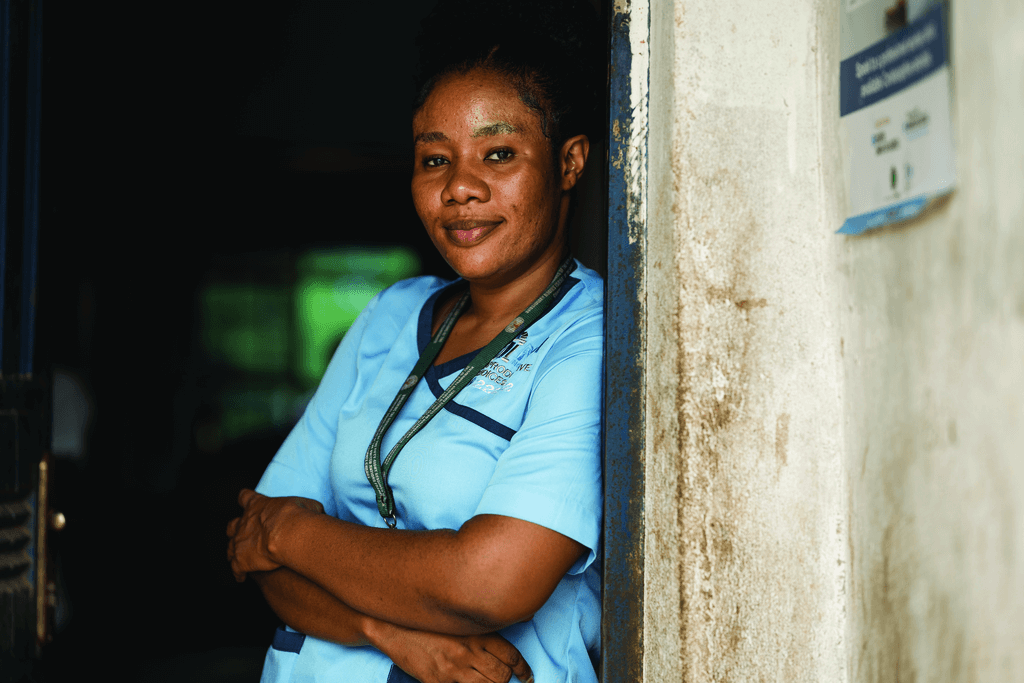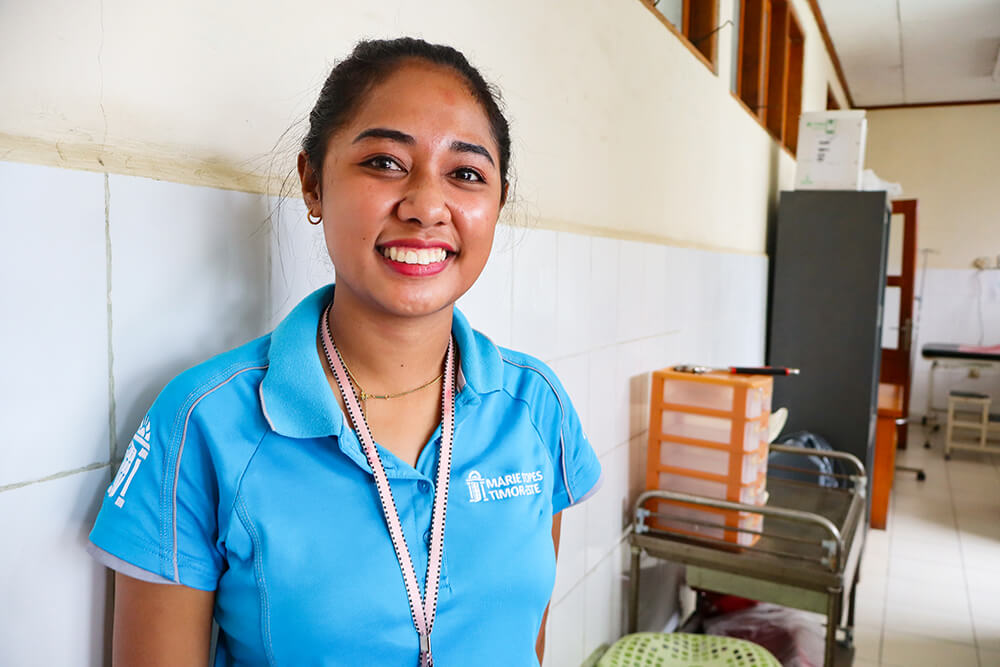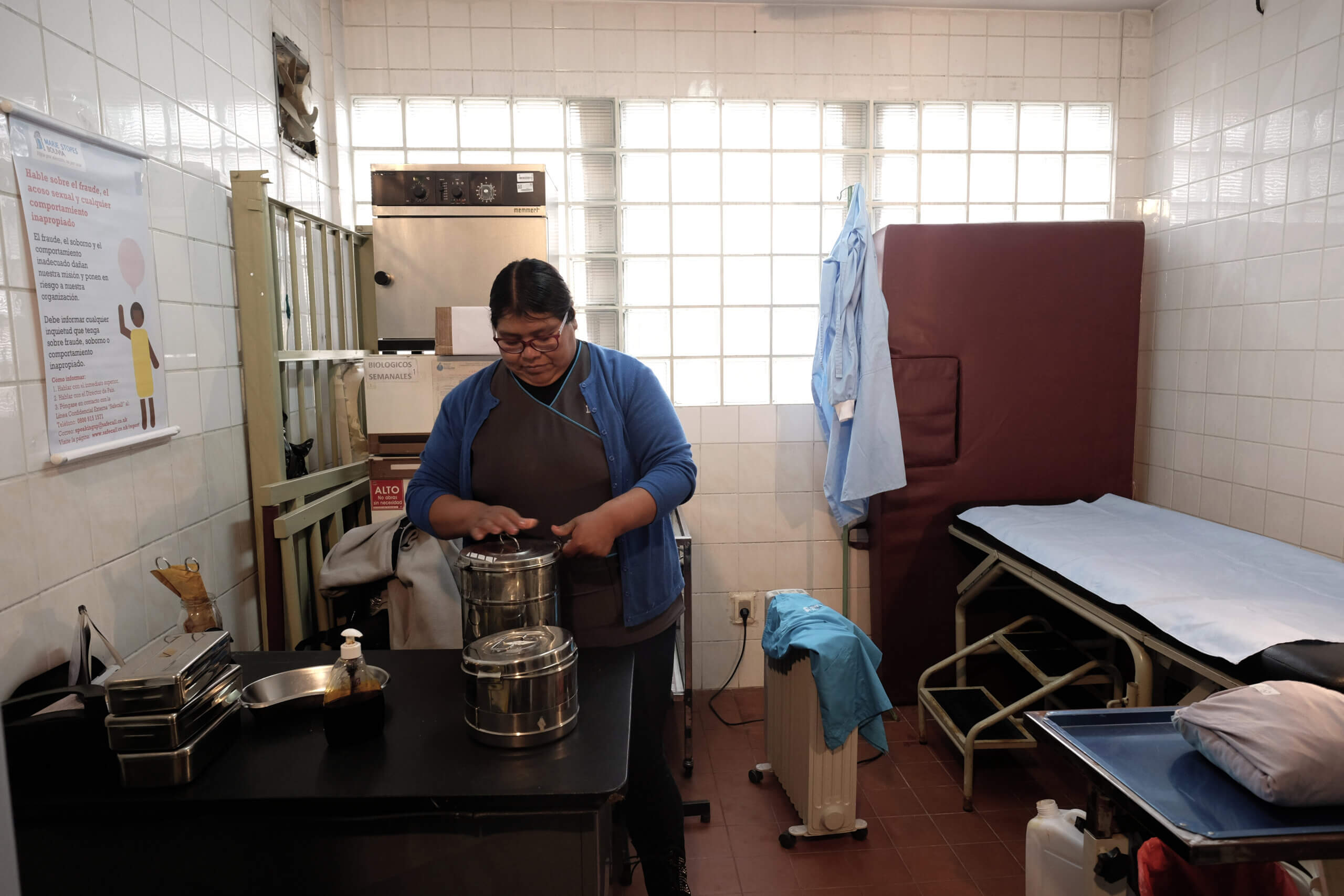Last Mile Delivery: Partnering For Exponential Growth
By Lucy Valentine Wurtz, Director of Philanthropy
Recently, I found myself in the back seat of an MSI Landcruiser on a rutted, unpaved road in rural Zambia, traveling from the Eastern provincial capital of Chipata to a remote village called Kwenje. As the car bounced down the road, kicking up dust as we went, I reflected on how difficult it can be for women in rural villages like these to get routine healthcare—and how far MSI goes to reach them with the services they need.
I made the journey with Zambia’s Operations Director, Inonge Wina-Chinyama, Programs Director James Mdala, and my US colleague Kate Schaffer. As we traveled, we discussed the challenges facing the women and girls who would be seeking services that day.
Without contraception, girls are more likely to drop out of school if they become pregnant and repeat the cycle of poverty or take steps to end their pregnancy by having an unsafe abortion. Women are less able to determine their life course, bring income into their families, and care for the children they already have. That’s why MSI’s outreach work is so important—and MSI Zambia has innovated to reach even more women with reproductive healthcare.
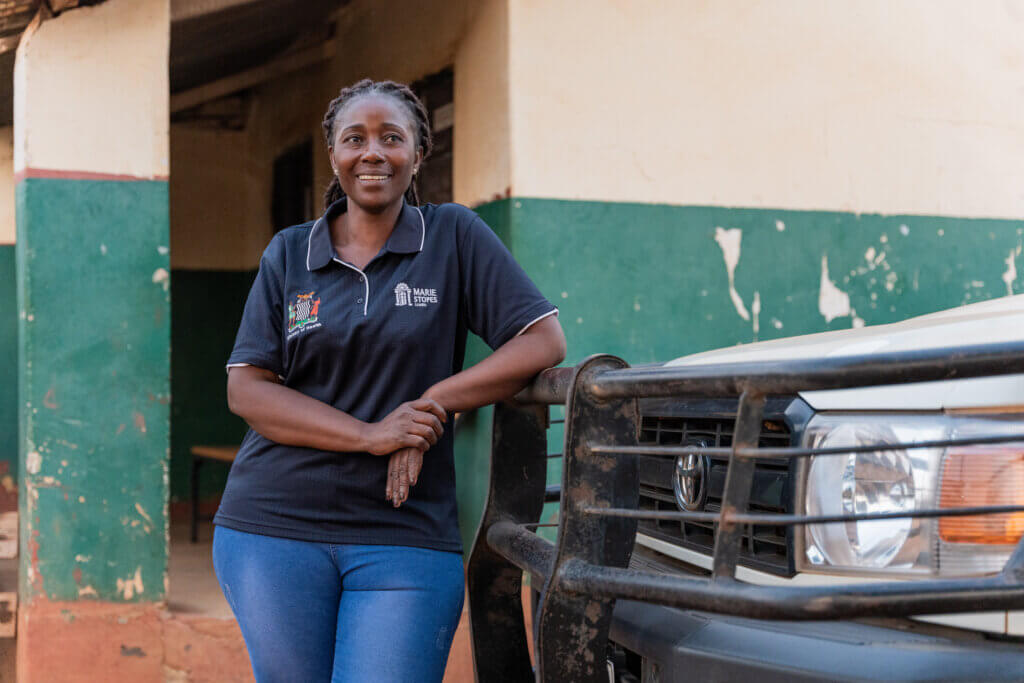
Expanding our reach through partnership
When we arrived at the small rural clinic, scores of women were lined up for service. Many had traveled hours by foot to arrive at daybreak.
Until recently, MSI delivered outreach entirely with our own providers: A team of doctors and nurses would arrive at a village, spend the day directly providing services, and then head to the next location. However, that model limited our reach, because we could only serve as many women as the available medical providers could manage.
We wanted to increase our reach without significantly increasing costs, and we wanted to improve the sustainability of services for underserved communities. So, we launched an important partnership with Zambia’s Ministry of Health.
Outreach services are now run by MSZ staff alongside their public-sector counterparts in an innovative partnership that has doubled the number of patients MSZ can serve. How? By splitting our teams in half! Each team now partners with four healthcare providers from the Ministry of Health. This means we can divide them into two sub-teams, and they can be in two places at the same time. While one sub-team serves the furthest communities more than 100km from outreach office, the other is delivering services in more urban locations.
Here’s how it works: Public health care workers are integrated into MSI teams for 6-month stretches to build their reproductive health skills through training and mentoring. When the public health workers return to their facilities, they take the skills they learned working with MSI back to teach others. This collaboration with the Ministry of Health also allows MSZ to work through the government’s established community networks to reach more women.
On the day of our visit, the small public health facility buzzed with activity as MSI team members and public health care workers worked hand-in-hand to serve the crowd of women lined up outside. An MSI team member offered group counseling on contraception methods while people waited, so that when a woman was called for her turn, she’d have an idea of what options were available. Inside, MSI team members provided 1-1 counseling alongside local providers and offered short- and long-term contraceptive methods, as well as the permanent method of tubal ligation.
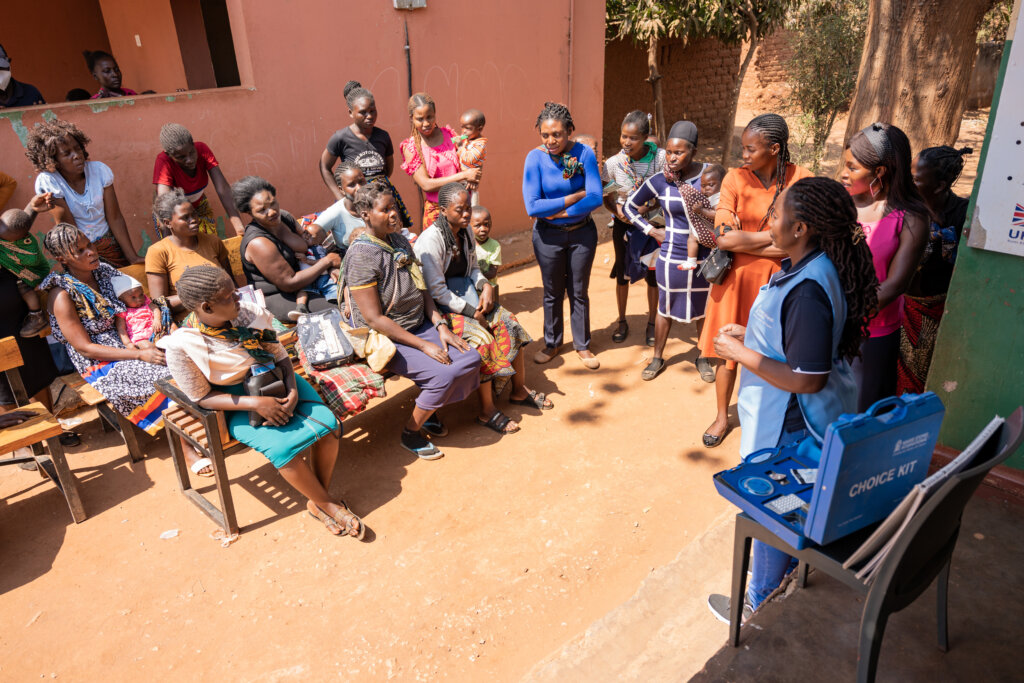
Providing contraception throughout women’s lives
My colleague and I were invited to observe a wide variety of contraceptive procedures including the placement of an IUD for a first-time user, and the removal of a patient’s old implant and insertion of a new one.
Our providers used “vocal/local”, a method of keeping patients calm and diverting pain through soothing talk throughout the procedures. I was happy to be able to chat (via a translator) with a woman who was getting her first IUD inserted and calm her by telling her that I had had an IUD for years and loved it.
Most memorable, though, was witnessing a bi-lateral tubal ligation surgery using local anesthetic. At 43, Memory had five children and felt her family was complete. Her children ranged in age from 20 to just two years old. She’d been able to space her pregnancies by using a non-hormonal IUD, which she also received through MSI.
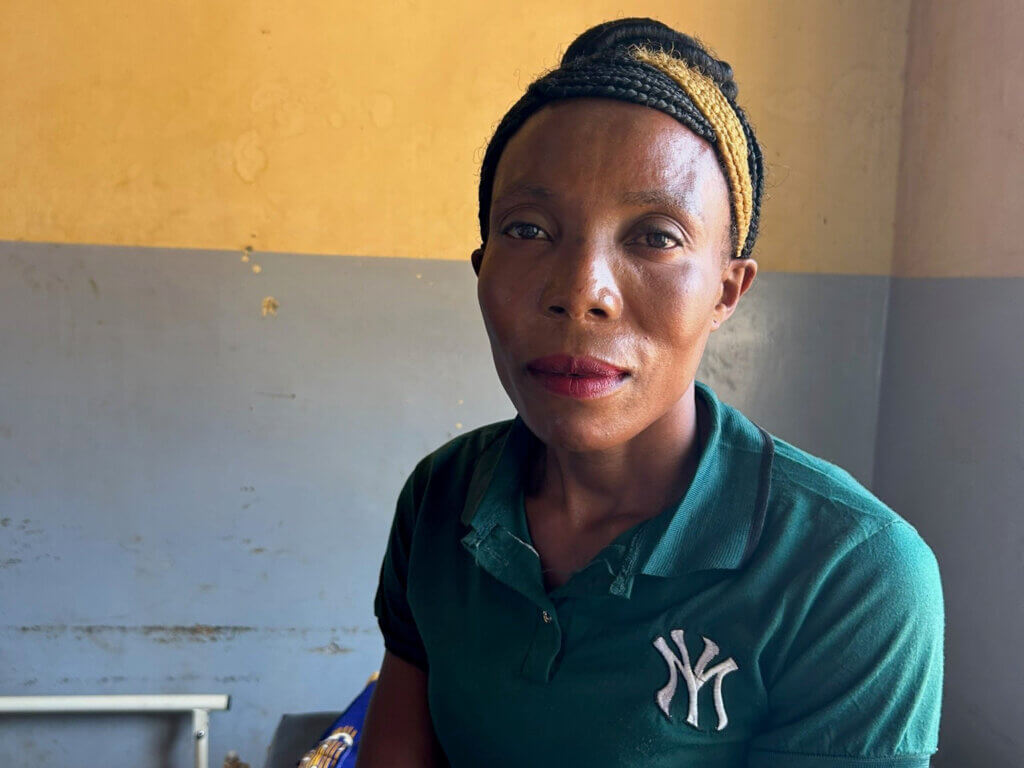
Memory has relied on MSI to help her plan her family for years. Because MSI’s outreach teams return to her community again and again, she’s had access to the care she needs, when she needs it. And, because of MSI’s long-standing partnership with the Ministry of Health, providers in her community will continue to have the skills to help women control their futures for the long term.
Our team provided contraception to 288 women on that one day. By partnering with the public sector and using this remote outreach model and split team approach, MS Zambia now provides services to 4,700 patients per month through rural outreach —a 420% increase over the old model.
It is unacceptable that millions of women and girls globally still do not have access to contraception, family planning services or safe abortion care. Yet one by one, MSI is removing obstacles to care, breaking cycles of poverty, and opening new opportunities for women and girls, giving them a chance to determine the course of their own lives.
I feel honored and inspired to be able to share the impact of this work.



